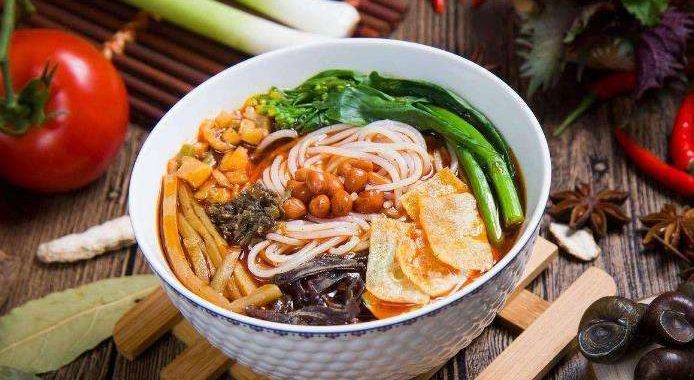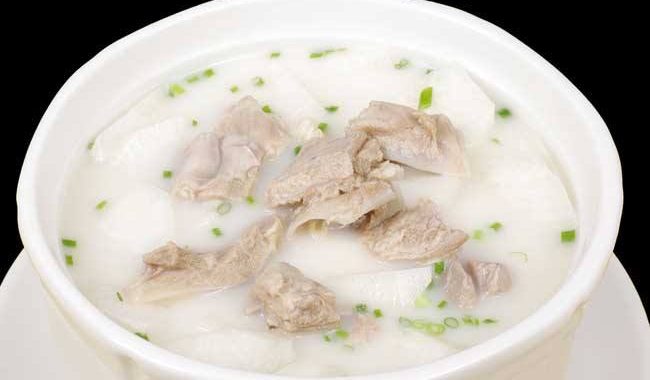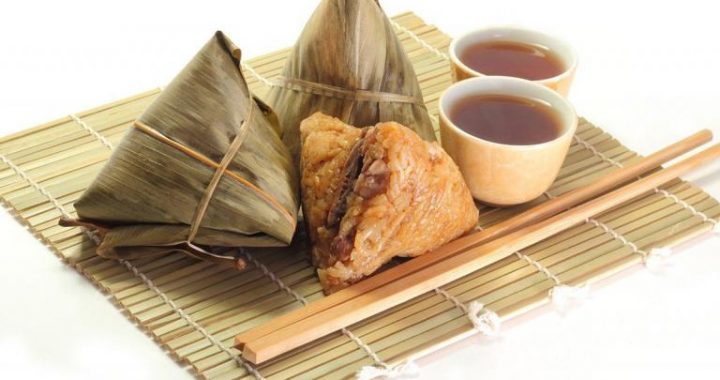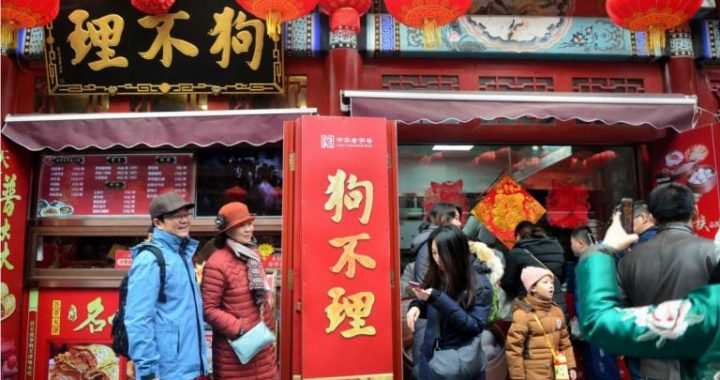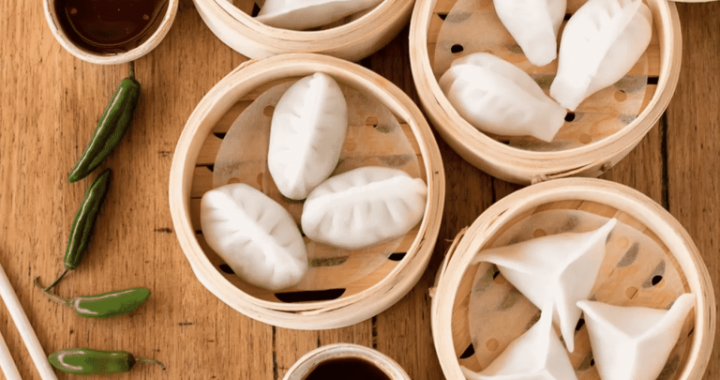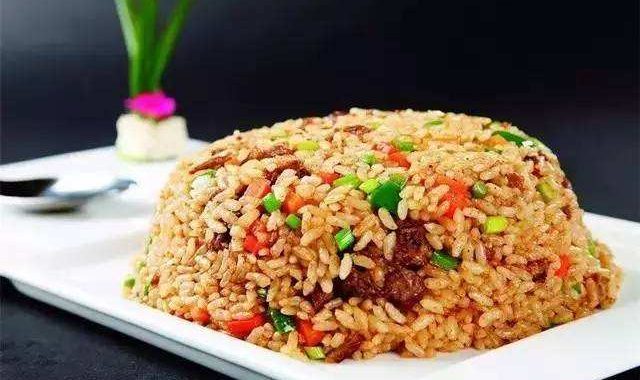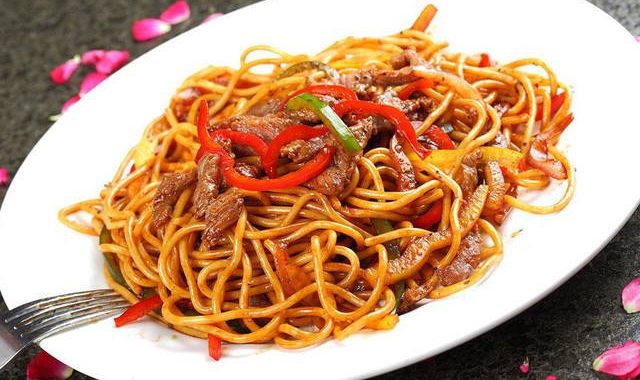Cinnamon and Clove and Dill seed
1 min readCinnamon
Sweet and pungent (Earth and Metal), hot, Yang
Cinnamon nourishes the spleen, kidneys, and bladder. Protein, 2 g; Fat, 2 g; Fiber, –; Carbohydrate, 36 g; Vitamin A, 120 IU; Vitamin B1, 0 mg; Vitamin B2, 0 mg; Niacin, 0 mg; Vitamin C, 20 mg; Calcium, 560 mg; Phosphorus, 20 mg; Iron, 17.6 mg

Clove
Pungent (Metal), warm, Yang that pushes downward
Clove affects the internal organs of digestion, the stomach and kidneys in particular. It is a warming spice that relieves hiccups, nausea, and stomach problems. Protein, 2 g; Fat, 8 g; Fiber, –; Carbohydrate, 26 g; Vitamin A, 220 IU; Vitamin B1, 0 mg; Vitamin B2, 0.2 mg; Niacin, 0 mg; Vitamin C, 40 mg; Calcium, 280 mg; Phosphorus, 40 mg; Iron, 3.6 mg

Dill seed
Pungent (Metal), warm, Yang
Dill seed tones and regulates qi. A diaphoretic, it is particularly useful for warming the spleen and kidneys. Dill seed is used to treat vomiting, hiccups, and anorexia. Its warming effect counteracts abdominal and stomach pains due to cold. Protein, 6 g; Fat, 6 g; Fiber, 0 g; Carbohydrate, 24 g; Vitamin A, 20 IU; Vitamin B1, 0.2 mg; Vitamin B2, 0.2 mg; Niacin, 0.2 mg; Vitamin C, 0 mg; Calcium, 640 mg; Phosphorus, 120 mg; Iron, 100 mg

